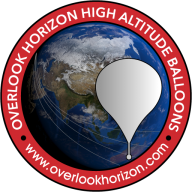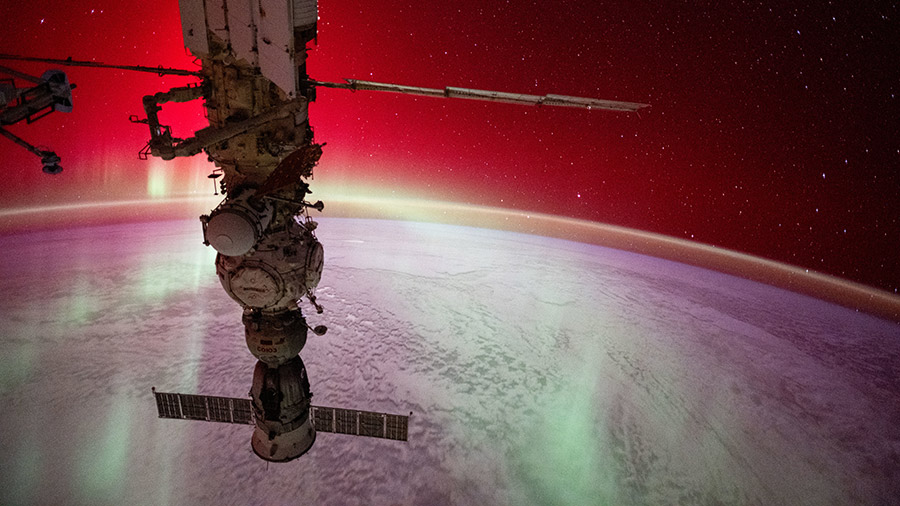
A Roscosmos cargo craft is orbiting Earth today packed with nearly three tons of cargo to resupply the International Space Station. Meanwhile, the orbital residents stayed focused on more cargo work, space biology, and lab maintenance on Thursday.
The Roscosmos Progress 89 space freighter launched at 11:20 p.m. EDT on Wednesday from the Baikonur Cosmodrome in Kazakhstan beginning a two-day space delivery to the orbital outpost. Cosmonauts Oleg Kononenko and Nikolai Chub will be on duty monitoring Progress when it completes its automated approach and docking 1:56 a.m. on Saturday. Progress will remain docked to the aft port of the Zvezda service module for six months of cargo operations.
NASA astronauts Matthew Dominick and Jeanette Epps teamed up Thursday morning continuing to unload science and supplies packed inside Northrop Grumman’s Cygnus space freighter replenishing the Expedition 71 and Boeing Crew Flight Test crews. Cygnus has been berthed to the Unity module’s Earth-facing port since Aug. 6 when it was captured and installed with the Canadarm2 robotic arm.
NASA Flight Engineer Tracy C. Dyson continued her weeklong stem cell studies treating samples inside the Kibo laboratory module’s Life Science Glovebox. She was helping doctors develop improved cell therapies for Earth and advance cellular manufacturing in space.
Life support work commanded a large portion of the day on Thursday as NASA astronauts Mike Barratt, Butch Wilmore, and Suni Williams serviced a variety of advanced atmospheric and water hardware. Barratt and Wilmore took turns working on the carbon dioxide removal assembly checking it for leaks and configuring it for reinstallation. Williams installed experimental water recovery hardware in the Microgravity Science Glovebox to explore how microgravity affects water purification, fuel cells, and heating and cooling systems to benefit both Earth and space applications.
Kononenko and Chub are relaxing today before their Friday schedule to get ready for Progress’ arrival early Saturday. However, Kononenko wrapped up a 24-hour heart and blood pressure monitoring session then handed over sensors to Chub so he could begin his health data collection session. Flight Engineer Alexander Grebenkin started his morning transferring water out of the Progress 88 cargo craft into station water tanks. He then spent the rest of his shift servicing air conditioning systems and filling an oxygen generator.
Learn more about station activities by following the space station blog, @space_station and @ISS_Research on X, as well as the ISS Facebook and ISS Instagram accounts.
Get weekly video highlights at: https://roundupreads.jsc.nasa.gov/videoupdate/
Get the latest from NASA delivered every week. Subscribe here: www.nasa.gov/subscribe

